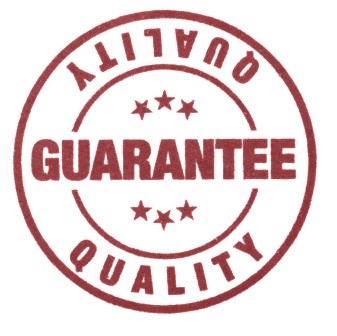Appendix 3 Online learning quality standards, organisations and research
Canada
Barker, K. (2001) Creating quality guidelines for online education and training: consultation workbook Vancouver BC: Canadian Association for Community Education
BC Ministry of Education (2010) Standards for K-12 Distributed Learning in British Columbia v3.0 Victoria BC: BC Ministry of Education
USA
Quality Matters http://www.qmprogram.org/rubric
UK
JISC (2009) Effective Practice in a Digital Age Bristol UK: JISC
JISC (2004) Effective Practice with e-Learning Bristol UK: JISC
Europe
European Open Quality Initiative (OPAL)
Sweden
The 2008 report “E-learning quality: Aspects and criteria for evaluation of e-learning in higher education” is part of an ongoing endeavour by the Swedish National Agency of Higher Education to develop knowledge about what constitutes quality in e-learning, and how such quality may be assessed within the framework of a national quality assurance system.
New Zealand
Marshall, S. (2006). E-Learning Maturity Model Version Two: New Zealand Tertiary Institution E-Learning Capability: Informing and Guiding E-Learning Architectural Change and Development Project Report. Wellington NZ: New Zealand Ministry of Education
Australia
E-standards for Training (http://e-standards.flexiblelearning.net.au/)
Commonwealth of Learning
Quality Assurance Microsite: http://www.col.org/QualityMS
Perspectives on Distance Education: Towards a Culture of Quality: http://www.col.org/PSQuality
Quality Assurance Toolkit: Teacher Education: http://www.col.org/QAToolkit_TE
Quality Assurance Toolkit: Higher Education: http://www.col.org/QAToolkit_HE
Organizations focusing on quality assurance in e-learning
The European Foundation for Quality in e-Learning (EFQUEL) has in my view a very enlightened approach to quality assurance. EFQUEL’s web site is well worth exploring. UNIQUe is their e-learning quality assurance certificate
JISC is the UK university IT network organization and has an excellent e-learning programme that includes quality standards, research and innovation. Click here for their QA focus blog
International organizations
epprobate is an international quality label for courseware, an initiative of three organisations: The Learning Agency Network (LANETO), the Agence Wallonne des Télécommunication (AWT) and the e-Learning Quality Service Center. epprobate has reviewers and partners in over 30 countries, and launched at the end of March 2012.
Online education services for students
There are also other conditions beyond management and teaching that contribute toward high quality e-learning systems. Flexible transfer of credits that recognise qualifications taken online as well as face-to-face, and government web sites that provide accurate and reliable information about the quality online programs available within their jurisdiction, are also essential components of a high quality e-learning system. For examples, see:
Research on quality assurance
Probably the best coverage of quality issues in both formal (for-credit) and ‘post-traditional’ (open, non-credit) online learning are the two papers published by Academic Partnerships:
Butcher, N. and Wilson-Strydom, M. (2013) A Guide to Quality in Online Learning Dallas TX: Academic Partnerships
Butcher, N. and Hoosen, S. (2014) A Guide to Quality in Post-traditional Online Higher Education Dallas TX: Academic Partnerships
If you use the category search on “quality” or “quality assurance” on my personal web site, tonybates.ca, you will find over 100 articles or postings about this topic on this site.


